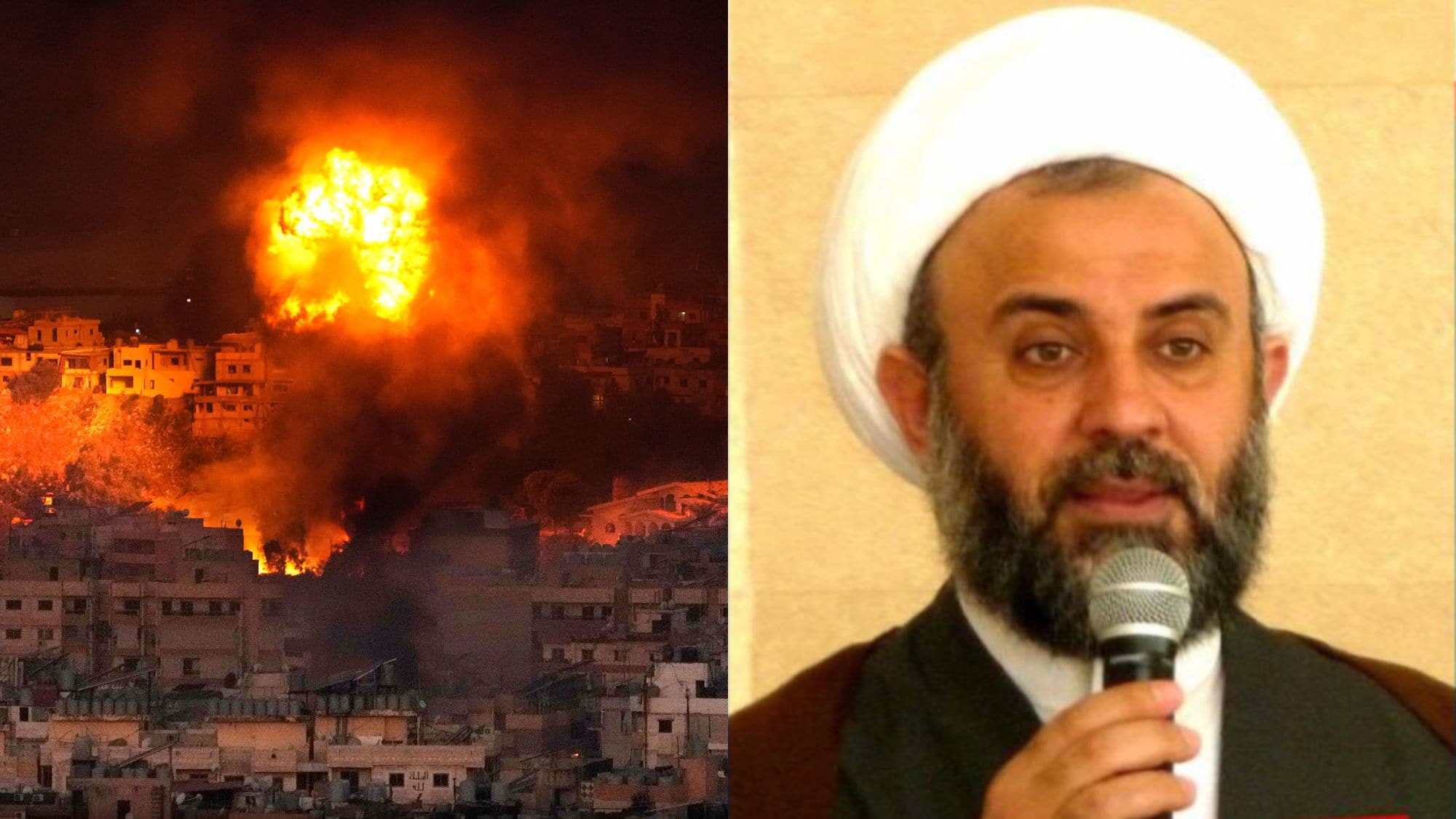Escalating Tensions: Israel’s Targeting of Hezbollah Leadership
The conflict between Israel and Hezbollah has reached a critical juncture following the recent deaths of prominent Hezbollah leaders. In a series of precision airstrikes, Israel has successfully targeted key figures within the organization, with the latest being Nabil Qaouk, who was seen as a potential successor to Hezbollah’s chief, Hassan Nasrallah. The escalation comes after the killing of Nasrallah himself, leading to heightened tensions and aggressive military actions on both sides.
The Loss of Key Leadership
Following Hassan Nasrallah’s assassination, Israel’s military reported the elimination of Nabil Qaouk, the Commander of Hezbollah’s Preventative Security Unit and a member of their Executive Council. The Israeli Defense Forces (IDF) have labeled Qaouk as a significant figure involved in orchestrating terrorist efforts against the state. His death marks a critical blow to Hezbollah’s operational capabilities and could trigger a power struggle within the organization.
Regional Reactions and Implications
Iran’s supreme leader, Ayatollah Ali Khamenei, has responded to the death of Nasrallah with a stark warning regarding potential retaliation, stating that it “will never be avenged.” This statement has raised fears of an intensified conflict in the region, as Iran is known for its support of Hezbollah and its other proxy groups throughout the Middle East.
Current Developments
In the wake of these attacks, Hezbollah supporters have started to mourn Qaouk, yet the organization has remained publicly silent about his death as of now. Meanwhile, military exchanges continue; the Israeli Navy intercepted a missile launched from the Red Sea, while multiple rockets fired from Lebanon landed in open areas.
Ongoing Conflict and Humanitarian Crisis
The situation along the Israel-Lebanon border has become increasingly volatile. Recent clashes following heavy Israeli airstrikes have resulted in significant casualties, with reports indicating that over 700 individuals have died and roughly 118,000 have been displaced since the onset of these attacks. Just on Friday, airstrikes in Beirut caused the death of at least 11 people and injured over 100, marking one of the deadliest attacks in the Lebanese capital in the past year.
Conclusion: What Lies Ahead
As Israel prepares for a possible major military operation against Hezbollah, the future of the region hangs in the balance. The combination of military casualties and the ensuing humanitarian crisis calls for urgent international attention and intervention to prevent further escalation of violence and loss of life.












